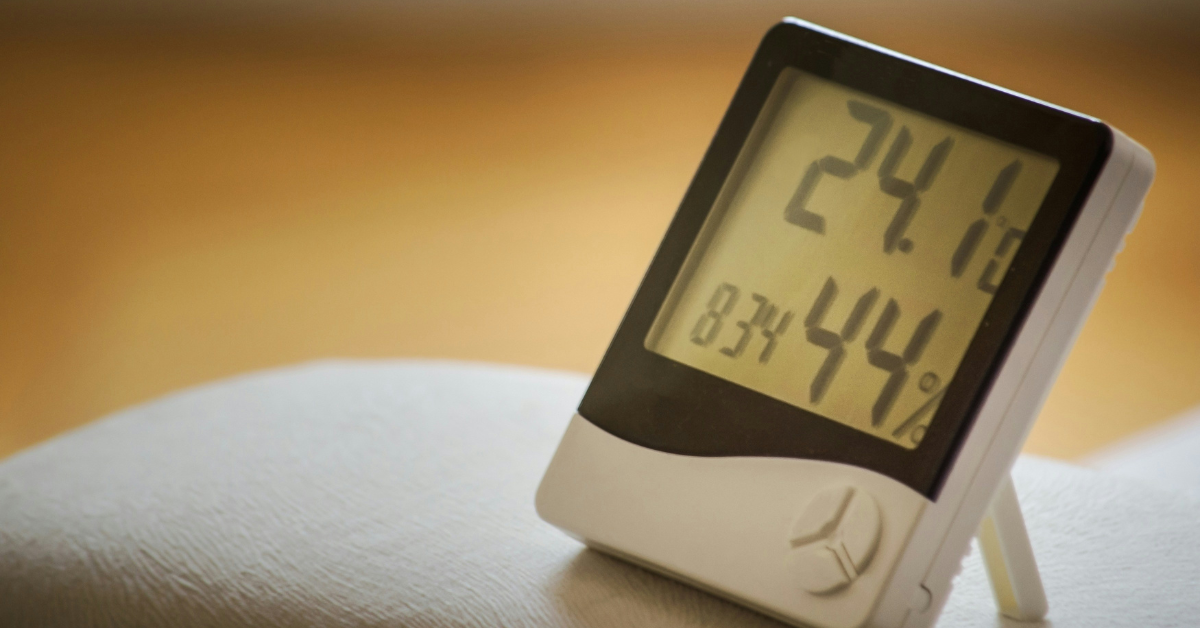
Every sip of iced coffee has the warmth of roasted beans that will give you sunkissed freshness and a shock of tango and ice. Iced coffee is a perfect antidote for a hot day. If you want to know the consequences of freezing your coffee, here are the answers to all your questions.
If you add cream, sugar, or other extras to your coffee, store it in the fridge for up to three days. Freezing on the fourth day is okay, but your coffee might lose its freshness and look less appealing. However, if your iced coffee doesn’t have any creamer, it can stay good for over a week.
Exploring Iced Coffee:
A cool drink made by pouring brewed coffee over ice. You can make it by cooling hot coffee or using cold brew, where ground coffee sits in cold water for a while. Many people add sugar, milk, or other ingredients to make it tastier. Iced coffee is popular in hot areas, especially on a scorching summer day. It’s a refreshing choice that goes beyond just relaxing – it adds happiness to everyday moments
Related Factors That Shortened the Lifespan of Iced Coffee
Temperature Impact:

- Warmer temperatures accelerate bacterial growth in iced coffee, affecting its freshness and safety.
- Optimal cold temperatures can help slow down microbial growth, but certain conditions may still pose risks, especially when milk or cream is added
- According to studies, temperatures below 40°F (4.4°C) are generally considered safe for slowing down microbial growth in refrigerated beverages. However, factors like the presence of milk or cream can still pose risks.
Chemical Breakdown:
- Chemical breakdown, triggered by factors like cream or milk, can transform a refreshing sip into a stale experience.
- Melting coffee leads to losing vibrant notes, resulting in a watery version of its original flavour profile.
Quality Factors:
- Various factors, including oxidation, staling, Maillard reaction, and microbiological growth, contribute to the degradation of the quality of iced coffee.
- Storage conditions play a crucial role in maintaining the freshness and taste of the beverage over time.
Microbial Impact:
- Milk and cream, while enhancing flavour, can also contribute to the production of microbes, affecting the overall quality and safety of iced coffee.
- Even in cold temperatures, certain microbes can persist and grow under favourable conditions, emphasizing the importance of proper storage.
Optimal Iced Coffee Storage Techniques: Ensuring Freshness and Flavor

To save leftovers, it is not a good idea to store the iced coffee in the fridge. To keep it cool and tasty, there are procedures to maintain. Those procedures are an art to keep a balance between good and bad storage systems.
Essential Storage Tips for Fresh Iced Coffee:
Container Choice: Opt for containers that are not plastic cups, as they aren’t ideal for keeping iced coffee in the fridge. Choose jars carefully, ensuring they don’t allow air in. Glass or BPAfree plastic jars are recommended for airtight storage, preventing taste deterioration due to oxidation.
Optimal Temperature: Maintain a temperature of 4°C (39°F) to preserve the taste of your iced coffee. The back of the fridge, being the cooler area, is ideal for slowing down microbial growth and chemical reactions. However, be cautious of freezing, as it can compromise taste and flavor.
Ingredient Separation: Enhance freshness by storing ingredients like milk, cream, sugar, or sweeteners separately before the final serving. This precaution prevents rapid degradation of the coffee’s quality, ensuring a delightful experience.
Pro Tip: Prioritize airtight containers, cool temperatures, and ingredient separation for a prolonged and flavorful iced coffee experience.
Freezing Coffee Creatively: Elevate Your Iced Coffee Experience with These Tips
Explore innovative ways to freeze coffee, turning leftovers into refreshing treats. Discover effective methods for preserving:
Black Coffee:

- Ensure the preservation of black iced coffee with airtight containers to prevent oxidation.
- Leave some free space in containers to accommodate water expansion during freezing.
Iced Coffee with Milk:
- Overcome the challenge of freezing milk by separating dairy items before preserving them.
- Mix milk at the time of drinking for an enhanced and tastier experience.
Frosty Treats:
- Embrace a creative twist by mixing old coffee with ice and frozen fruit.
- Indulge in a delightful treat on hot summer days, transforming ordinary leftovers into something extraordinary.
Keeping Coffee Fresh: How Long Outside the Fridge?
Wondering how long coffee stays fresh after leaving the fridge? Let’s break it down: when coffee is out, factors like temperature, weather, and added ingredients matter. At room temperature, brewed coffee is good for about two to three hours. But, be careful! Coffee can lose its flavour over time due to oxidation.
Adding milk or sugar? The iced coffee won’t last as long, and sweeteners can make bacteria grow faster. Before sipping, check if the coffee still smells and tastes good. If not, it’s best to toss it. Remember, these tips are general, and everyone’s experience may differ. So, trust your own taste and circumstances to keep your coffee at its best!
Conclusion
In conclusion, brewing iced coffee is a delightful process, resulting in a tasty beverage. The fridge lifespan is three to four days with milk or sugar, extending beyond a week without these ingredients. Chemical processes affect freshness, diminishing appeal after three to four days. Varying iced coffee types have different fridge durations. For quality, freeze coffee perfectly at 4°C. Mixing ingredients during the final serving is ideal, as mixed coffee has a shorter lifespan. Consume immediately after taking it out from the fridge to avoid swift chemical reactions. While individual perspectives may differ, serving iced coffee within one hour for business purposes ensures optimal quality and taste.
FAQ
Q1: Why does the freshness of iced coffee decline after a few days in the fridge?
Chemical processes, oxidation, and microbial growth contribute to the decline in freshness. Different types of iced coffee may have varying durations of freshness.
Q2: How soon should I consume iced coffee after taking it out of the fridge
For the best quality and taste, it is recommended to consume iced coffee immediately after removing it from the fridge, ideally within one hour.

I am Mojoon, a certified and award-winning barista by choice, with 7 years of experience in the field. I have served and trained coffee shop baristas worldwide. I worked at Krispy Kreme for an extended period, and now I aim to help regular people brew coffee like me. I pursue this job with my passion for writing and also provide one-on-one coaching for newly minted baristas.